SELF ACTUALIZATION
Create a website platform from your passion.
Like a driver’s license, it unlocks numerous opportunities for monetization.
Phone number
07729 866 544
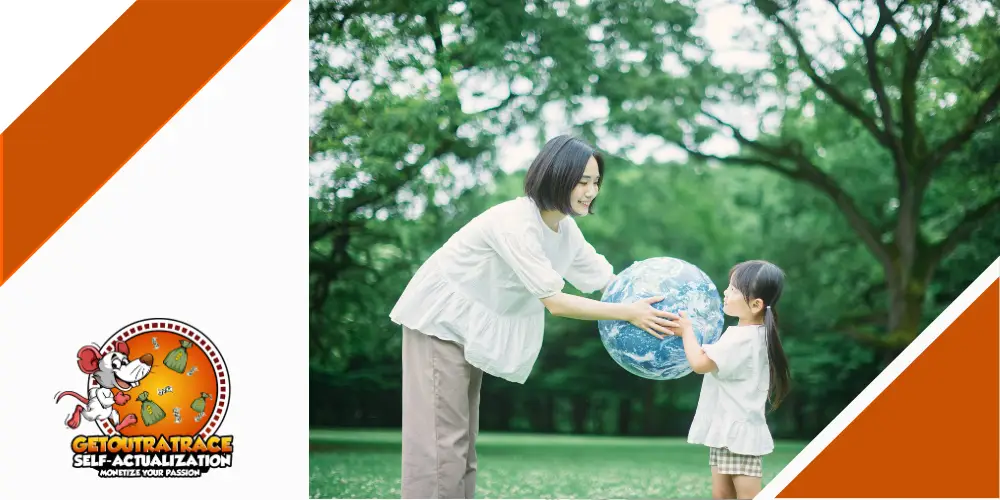
Collectively and consciously, if we all do our bit, we can contribute to making the world a better place for future generations. I had the honour a few days ago to pick up an amazing woman called Jenny, who adds a lot through her contributions. Her spark radiating full of energy, motivation, passion, tenacity, and determination to make things better through Shared Earth and other endeavors.
Thanks again for agreeing to do this without any preparation and on our first interaction ever. It’s much appreciated.
We had a good chat about Shared Earth’s mission to help people in the south out of poverty by supporting local Artisans in these countries. This will enable and empower them to by having the ability to tap into other markets with their products. Countries like India, Nepal, Bangladesh, Bali, and many more will benefit hugely from the relationship.
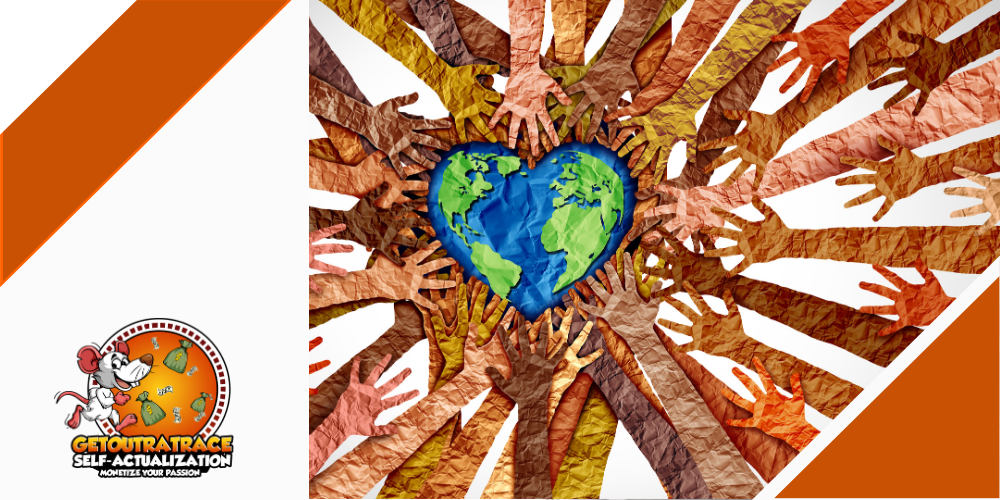
Shared Earth began as a small shop in York in 1986. Jeremy Piercy, founder and Managing Director, travelled to India after leaving school and wanted to do something to help redress the imbalance of wealth in the world, work together with people from different cultures, and at the same time earn a living. Fair Trade was the obvious answer and the original shop contained a wide mix of products from Asia, Africa, and South America. Also high on the agenda was addressing environmental problems and the shop was an excellent way of making recycled and sustainable products available and publicising the issues.
Fair Trade gifts were in high demand, so Shared Earth started introducing its own brand products, both for its shops and wholesale, initially with a range of recycled paper greetings cards designed by a local artist. Soon, T-shirts, writing sets, and stationery items were being produced, and the designs were then used to make Fair Trade pencils, windchimes, and other gifts in Bali. Shared Earth also became the distributor for an excellent Fair Trade organisation in the Philippines, which specialises in handmade paper.
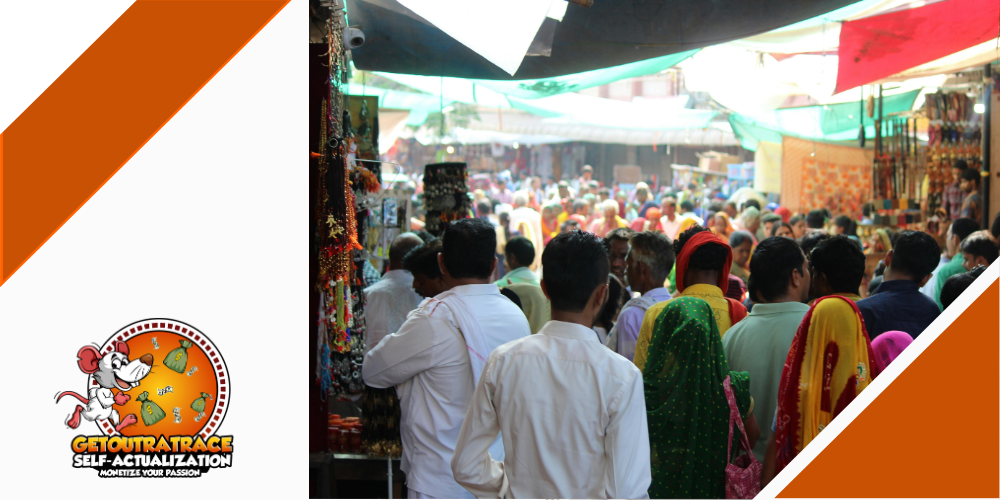
A new charity that Jen was telling me about is the Zuriearth Foundation. A partnership with Shared Earth and Zuri Design, who has been wholesaling beautiful fair trade gifts since 2003. Zuri Design works directly with small producer groups and workshops in Kenya and Uganda.
Zuri Design works directly with small producer groups and workshops in Kenya and Uganda. Zuri Design was founded in 2003 by Helen Scanlan. After working in Kenya and Uganda as a volunteer over a number of years, Helen saw the opportunity to alleviate poverty through the trade of handmade gifts and jewellery. Zuri Design started trading on various market stalls across the UK in 2003. Our business and our supplier’s businesses in East Africa grew alongside one another, with Zuri Design offering support to develop their workshops and increase their incomes.
Zuri Design was established as a wholesaler, attending various trade shows, building up its customer base, and increasing orders placed in Kenya and Uganda. Through our increased trading, Zuri Design financed the start-up Xcel Workshop in Kibera slum, employing and training former street boys in making beautiful cow bone jewellery. This workshop is now self-sustainable and is run by one of the original members whom we trained, Ishmael.
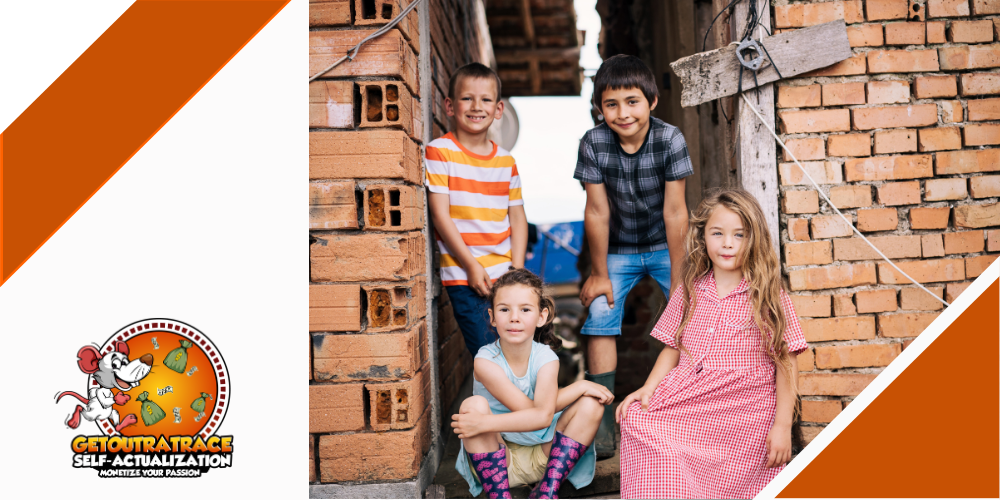
Tackling global poverty requires a multifaceted approach that goes beyond just financial aid. Key strategies include investing in quality education, improving healthcare access, creating sustainable job opportunities, and promoting fair trade practices. Education, in particular, plays a transformative role—it empowers individuals with the knowledge and skills they need to break the cycle of poverty and build better futures. Equally important is supporting local economies through microfinance, ethical business development, and infrastructure improvements that connect rural communities to broader markets.
An earlier post on the subject, “Solving World Hunger: Education is the Key”, highlights how education not only addresses hunger but also creates a ripple effect that lifts entire communities out of poverty. By equipping people with tools to grow their own food, start small businesses, or engage in skilled trades, education becomes one of the most powerful weapons in fighting global inequality. Addressing poverty isn’t about quick fixes—it’s about creating long-term, sustainable systems that empower rather than just provide.
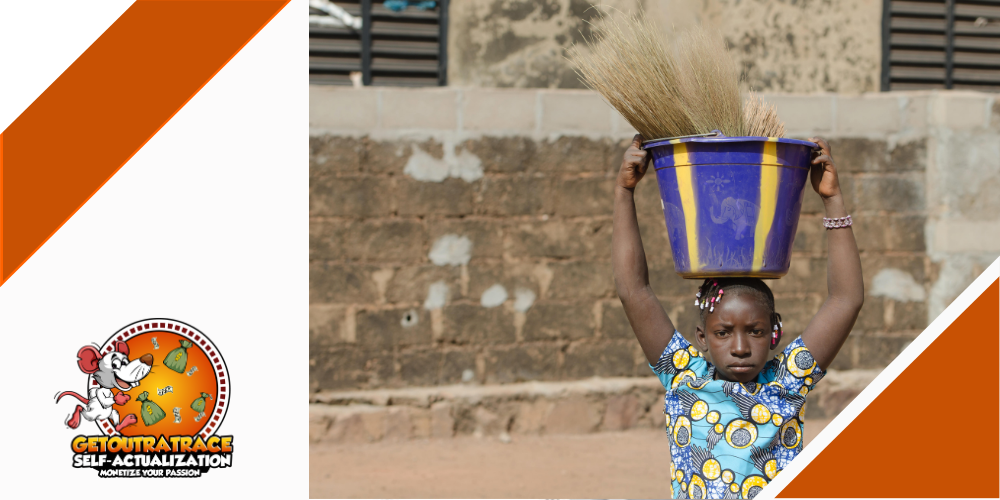
Child labour remains one of the most pressing and heartbreaking human rights issues of our time. Millions of children around the world are forced to work in dangerous, grueling conditions, often for little or no pay, in industries that produce the everyday goods we consume—especially in the production of clothing, jewelry, and other luxury items. These children are denied basic education, proper healthcare, and a safe environment, all for the sake of maintaining a low-cost supply chain that benefits wealthier consumers across the globe.
According to the previous Labour Priminister in the UK, Jeremy Corbyn, another under-reported issue is what goes on in the Congo and the fact that most of the world’s goods are dependent on the approx 70% of resources and minerals that come from that region. Millions have died in the last 20 years through a combination of factors, wars, poverty, child exploitation, etc. A subject and a collective solution to challenge the disproportionate imbalance is needed.
While countries like the UK abolished child labour many generations ago, thanks to reforms during the Industrial Revolution and beyond, much of the world is still catching up. In places where enforcement is weak or corruption is high, child labour continues to thrive, hidden behind closed factory doors or buried deep in unregulated mines. The progress made in developed countries often gives a false sense of global improvement, when in reality, child exploitation is still a daily reality for millions.
What makes this issue even more troubling is the widespread lack of awareness—or, in some cases, willful ignorance—among consumers. Many people continue to buy products without questioning how or where they were made. There’s a significant disconnect between the sleek, polished image of a sparkling ring in a boutique window and the brutal reality of a child mining for those same gems under dangerous, inhumane conditions. Similarly, cheap fast fashion garments often come at the cost of young children sewing in sweatshops for hours on end with no legal protection or recourse.
The lack of motivation to change this stems from a combination of convenience, marketing manipulation, and a culture of detachment. Ethical shopping requires time, effort, and a willingness to look beyond price tags and brand names. But every purchase made without this consideration fuels the demand that keeps exploitative industries alive. It’s not enough to condemn child labour in theory—we must recognize that our daily choices play a direct role in either supporting or challenging these abuses. Greater education, transparency in supply chains, and consumer responsibility are crucial if we hope to see a world where children can grow up in schools, not factories.
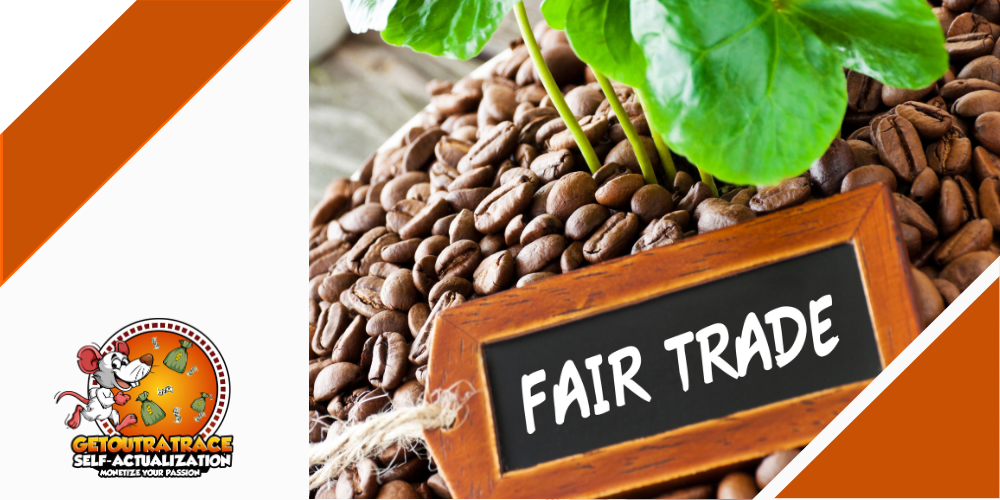
The World Fair Trade Organization (WFTO) is a global network of organizations that are committed to promoting fair trade practices. Unlike the World Trade Organization (WTO), which focuses on international trade regulations and economic policies, the WFTO specifically aims to ensure that trade benefits marginalized producers and workers, especially in developing countries.
Sets standards for what constitutes fair trade, covering not just wages but also working conditions, environmental impact, and empowerment of communities.
Certifies businesses as “Fair Trade Enterprises” if they meet these rigorous standards across their entire operations—not just a few products.
Supports members with tools, training, and advocacy to grow ethical, sustainable businesses that prioritize people and planet over profit.
Raises awareness about the importance of conscious consumerism, helping buyers make choices that don’t exploit workers or the environment.
The WFTO is particularly important in industries like textiles, food, and handicrafts, where exploitation—often including child labour—is rampant. By supporting WFTO-certified businesses, consumers can be more confident that their purchases are not contributing to abusive practices but instead are helping build a more just and equitable global economy.
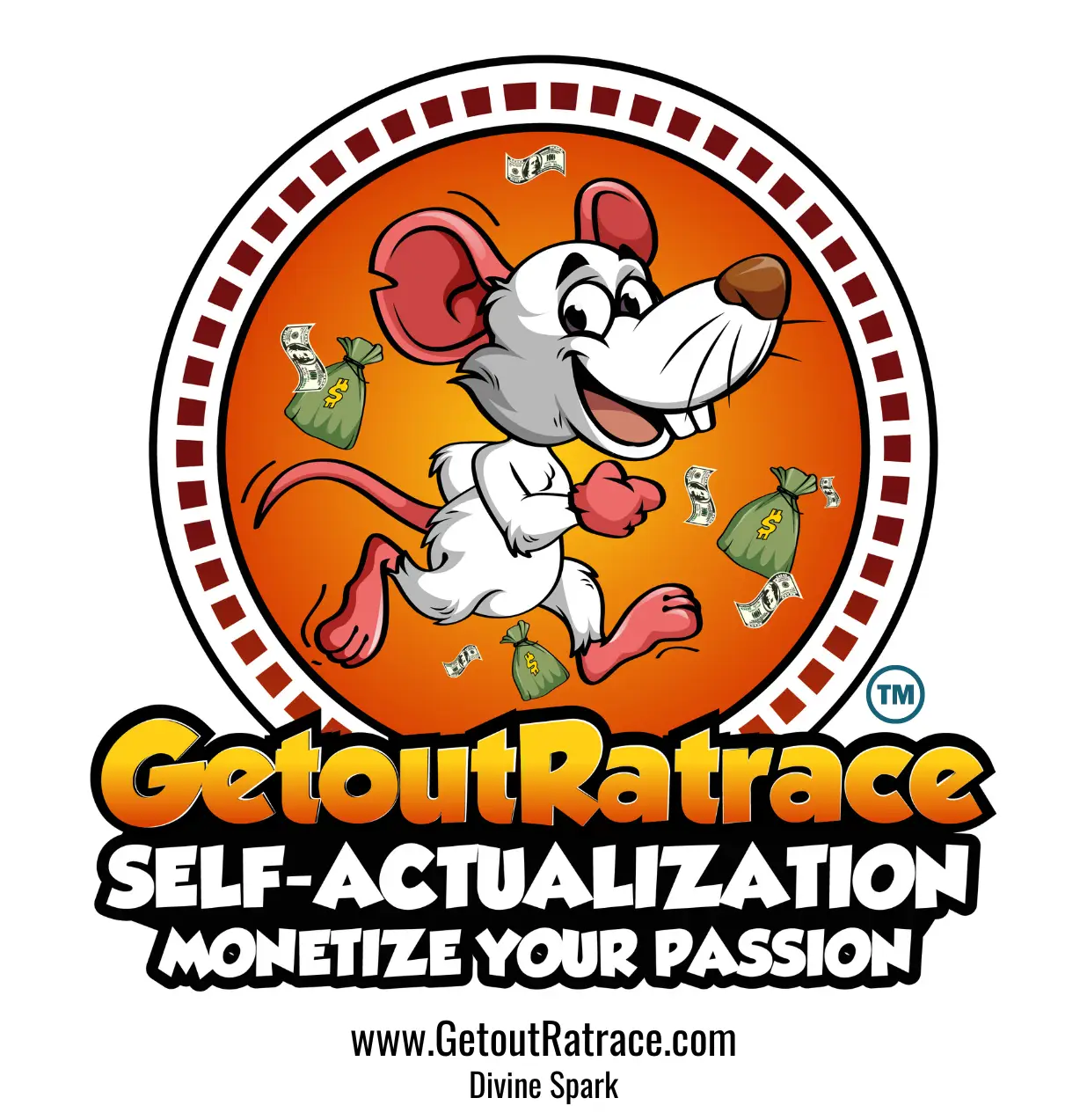
Get notified about new ways people monetize their passions and more. Free digital products coming soon.